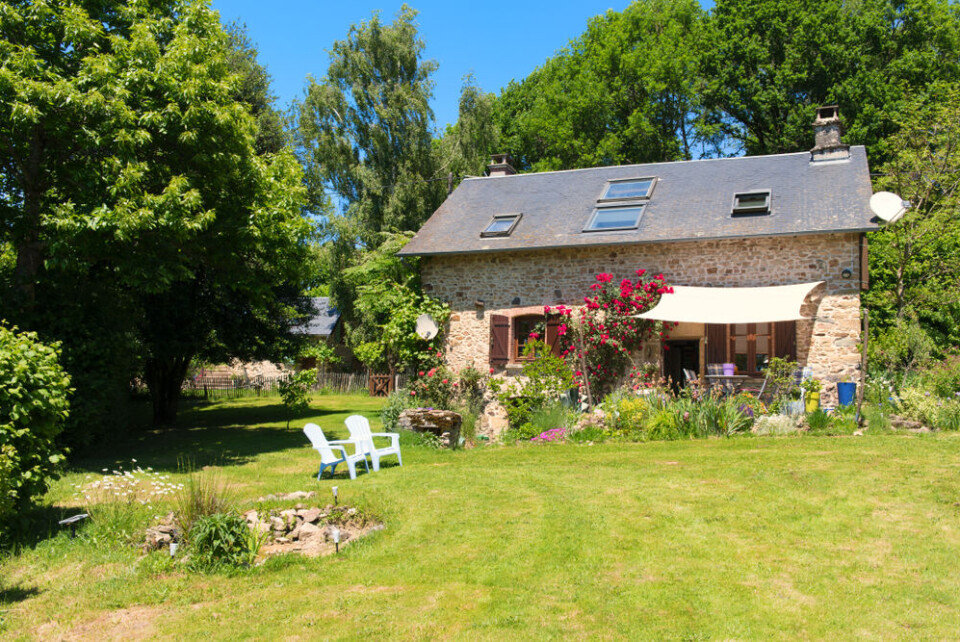-
I had no debits taken for French residential tax - what should I do?
Amounts taken depend on how much, and when, you are scheduled to pay
-
Thousands of property owners in France sent ‘empty home tax’ bills in error
The bills, payable this December, can run to thousands of euros
-
More owners will pay French empty home tax in December 2024
The criteria for charging the taxe sur les logements vacants (TLV) were extended last year
Second-home owners in France can check if commune allowed to raise tax
This government website lists the areas that are now eligible to increase ‘taxe d’habitation’ on second homes

Second-home owners in one of 2,200 communes now designated as eligible to increase taxe d’habitation by up to 60% can find out if this option is being applied.
The extra communes were listed in August as subject to taxe sur les logements vacants (TLV) on ‘vacant’ – unused, unfurnished – homes.
This has the knock-on effect that they are also able to vote for a surcharge on taxe d’habitation on second homes.
Councils had until October 1 to decide whether to increase this tax for next year.
If they did, it could mean a significantly higher bill for this occupancy tax in 2024.
Read more: Second-home tax: 2,263 French communes added to ‘possible rises’ list
Taxe d’habitation no longer applies to main homes
Second homes are classed as properties that are furnished and ready to use but neither let out as someone’s main home nor used exclusively for holiday letting and subject only to the cotisation foncière des entreprises (CFE) business tax.
The owner’s main home could be in France or abroad.
Taxe d’habitation no longer applies to main homes but is still payable on second homes by the person – not a holiday tenant – who had it available to use on January 1 of the tax year.
Read more: Why do only second home owners pay taxe d’habitation in France?
TLV criteria widened meaning more homes eligible for tax rise
TLV goes to the Agence nationale de l’habitat, which gives grants to help low-income households with renovations.
Until now, TLV has applied only in 1,136 communes that are part of urbanised areas of at least 50,000 inhabitants and which are subject to housing pressures.
The first criterion has been abolished, hence the additions.
Many of the communes added are found in the south east, Alps and along the Atlantic coast.
To see which communes are now affected, visit the official website (use Ctrl+F to search for your commune).
You can check with your mairie to see if it has voted for the surcharge.
Last year, 22% of communes able to vote for it did so, with half of those choosing a rate of 20% or less.
Related articles
Taxe foncière explainer: Who pays and the exemptions
90/180-day rule: French senator lobbies to help UK second-home owners
Proposal to pause capital gains tax on second homes in France























